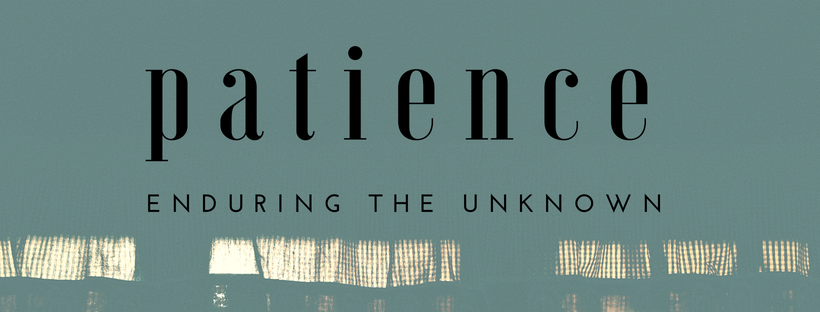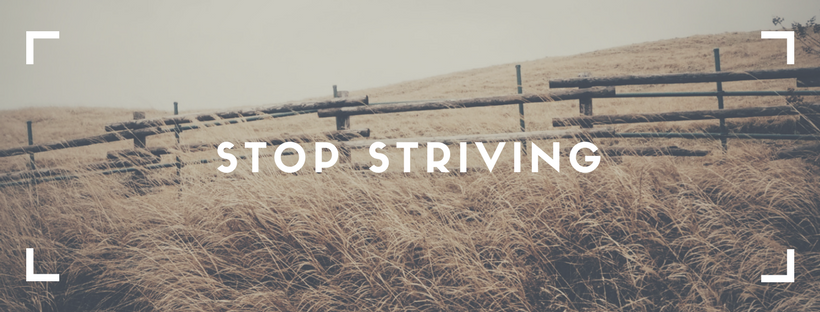As human beings who are constantly, and sometimes subconsciously, searching for purpose, I believe we all have an inner fear of being truly known. So much of our lives, now shaped by a culture of being exposed on a regular basis through social media, is influenced by a desire to be seen in a positive light. We want to leave our mark, influence others, and be known for something. This is often at the expense of truly living into who God made us to be. Expectations created by this world can simply never be met, and so we hide.
One commonly referenced verse in scripture (Matthew 10:30) is, on the surface, seen as a comfort in times of need or loneliness. “Even the very hairs of your head are all numbered.” It’s comforting to know that we were created by a God who has such vast knowledge of us. At least, until we have to acknowledge the truth that He knows the real us.
If you dye your hair, it still grows back it’s natural color. And thus begins the regular ritual of touching up your roots to hide the real color that persistently grows back. If you cover your skin in tattoos, you still have your original skin, scars and freckles and all, underneath. If you cover your face in makeup or dress in the most flattering clothes, you are still very much you underneath. The world might not see those parts of us as we carefully and thoughtfully try our best to hide, but God does.
If you take comfort in knowing that God knows how many hairs are on your head, do you also take comfort in knowing that He knows your every thought? If you are comforted by the truth that He knows your every need, do you also take comfort in the truth that He knows your every sin? For so long I have wrestled with picking and choosing the attributes of God that I want applied to my life. For so long I have wasted precious time trying to hide who I really am from the One who created me and formed me.
The fear of God seeing the real you, hidden beneath whatever mask you might wear (whether its physical, verbal, emotional), doesn’t have to stay fear. That fear can turn into rejoicing, peace, comfort, rest, and even desire to be more transparent with Him. The scripture below is just a small starting point for this journey, should you choose to embark on it. (I would challenge you to look up these verses and read them for yourself!)
Psalm 139:1-6 acknowledges that God is fully aware of every part of us, even before we are. His knowledge of us is so great, we can’t even begin to fathom it!
Psalm 139:7-12 confesses that all of our efforts to hide ourselves from Him are fruitless. Even if we stray so far from Him that we are living entirely in the snares of sin, His presence is with us and He knows where we are.
Psalm 139:13-18 celebrates the truth that God formed us. Intimately. Intentionally. With a plan. His thoughts toward us are precious ones. He mapped out the days of our lives for His own personal safekeeping. His thoughts toward us are endless, even greater than the number of grains of sand. He never forgets us. He never leaves us.
Luke 8:17 tells us that no matter how hard we try to hide, God is aware of all things. Not only is He aware, but He will expose all things. All that is hidden in the darkness will be brought forth into the light. All things. But don’t stop reading here.
Romans 5:8 defies human logic and offers hope by telling us that even while, and even though, we are plagued by the persistent disease of sin, Christ died for us. Even though He knows the dirtiest, most hidden parts of our lives, He offered Himself as a sacrifice that we might live in the freedom of His love.
Romans 8:37-39 comforts us by telling us that nothing can separate us from this love that has been offered through Jesus Christ. No amount of hidden darkness, no amount of oppression or depression or humiliating confession can separate us from His love. Seriously, pick something out about yourself that you would rather keep hidden forever, acknowledge that He knows about it already, and then acknowledge that He loves you all the same.
1 John 3:1 paints a picture of who we are as vastly different from the photos of us in yearbooks and family portraits and instagram accounts. We are seen as His beloved, chosen children. And we’re seen that way because we are that way. He made us that way, and accomplished our adoption through the sacrifice of His perfect Son, Jesus. You are pictured just as you are, framed and displayed above the mantle of our heavenly home.
Whatever condition you are in, know that you are known and loved by the Creator of the universe. There is no greater release into freedom than recognizing that you don’t have to hide because He already sees you. And don’t be afraid of Him seeing you, because He looks upon you with love. I promise.
No matter how you have fallen short, are falling short, or will fall short, His knowledge of you is precious. Approaching Him transparently, in acknowledgment of His love for you, can only shape you into the person that He designed you to be when He knit you together in the beginning (Romans 8:29).
Be encouraged today, Child of God. You are fully known and loved.





